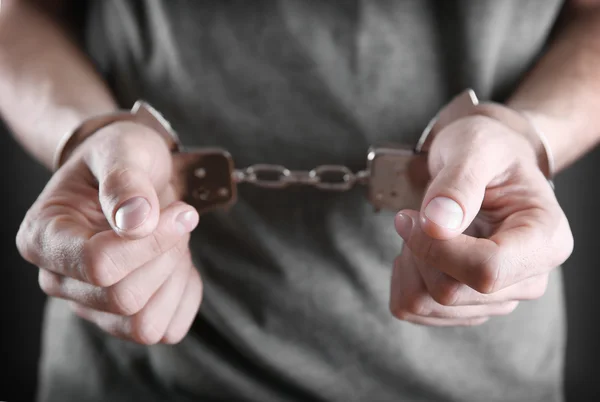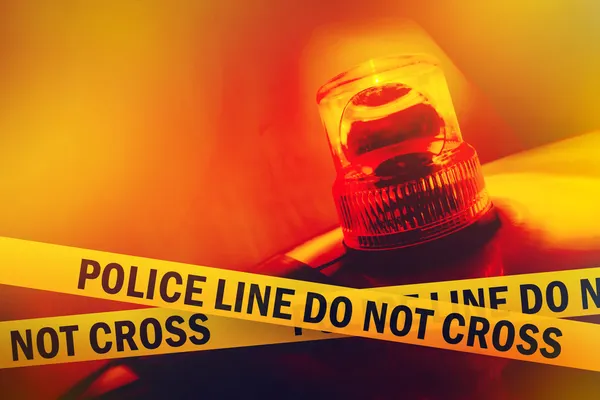Justice Jackson Breaks Silence: A Coded Warning on Threats to Judicial Independence

During a legal conference in Puerto Rico, Supreme Court Justice Ketanji Brown Jackson gave a passionate address in which she denounced growing hostility toward the judiciary. Without directly naming former President Donald Trump, she warned that current political rhetoric—particularly from those in high positions of power—poses a serious risk to democratic institutions. Her remarks, as reported by Politico, underscored concern for judges across the nation who are facing persistent public attacks and disparagement.
Jackson remarked that these attacks appear calculated, rather than random, and are aimed at intimidating members of the judiciary who play a vital role in upholding the rule of law. “The threats and harassment,” she warned, “are not just personal—they are direct assaults on our democracy and the constitutional framework we are sworn to protect.” Her words reflect the increasing tension between the judiciary and political figures seeking to exert influence over legal decisions.
The justice's remarks coincided with a broader context of rising aggression toward the legal system, most notably from Trump and his supporters. There have been recent calls to impeach judges who rule against the former president, as well as executive orders targeting law firms that represent his critics. A state judge was also arrested under controversial circumstances after allegedly helping an undocumented immigrant evade detention.
That same evening, Trump reignited his criticism of the judiciary while speaking at the University of Alabama. He accused courts of obstructing his efforts to fulfill the responsibilities of his presidency and questioned the legitimacy of providing due process protections to undocumented immigrants. “Judges are interfering,” he said, “but how can you give due process to people who came into our country illegally?”
Justice Jackson, appointed by President Joe Biden, has voiced concern over several of the Trump administration’s legal actions. In one immigration case, she condemned the practice of detaining undocumented individuals in harsh, foreign-run facilities, calling it a disturbing breach of human rights. “For lovers of liberty,” she said, “this should be quite concerning.” Her criticism reflects her broader defense of civil liberties and judicial independence.
In another case, Jackson challenged the Department of Education’s handling of teacher training grant cancellations, criticizing what she described as a “robotic rollout” and “highly questionable behavior.” Her firm stance in these rulings signals resistance to what she views as overreach and mismanagement within executive agencies under the Trump administration.
Chief Justice John Roberts also weighed in earlier this year, issuing a rare statement in response to similar concerns—though he too refrained from naming Trump. He emphasized that impeachment should not be used as a reaction to legal disagreement, reaffirming the role of the appellate process in addressing judicial decisions. Together, the statements from Jackson and Roberts highlight a deepening concern within the Supreme Court about political interference threatening judicial integrity.
What's Your Reaction?
















:format(webp)/cdn.vox-cdn.com/uploads/chorus_image/image/70136881/1347078605.0.jpg)





